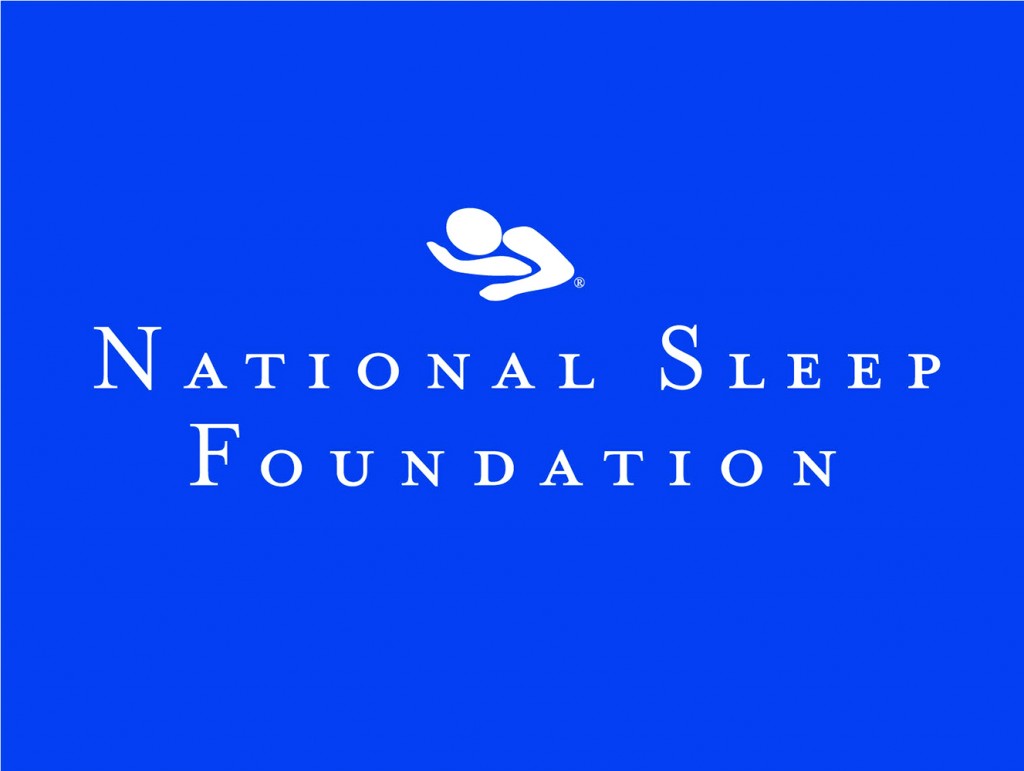The typical schedule of college students doesn’t permit much extra time, let alone time to sleep. Gannon University faculty and students know this all too well.
Robert Rawding, Ph.D., an associate professor of biology at Gannon, is giving a presentation on the appropriate amount of sleep after completing research with the National Sleep Foundation. The presentation will take place 7 p.m. March 25 in Room 104 of the Zurn Science Center.
Rawding was selected as part of an 18-person panel to represent the Human Anatomy and Physiology Society beginning in January 2014. The panel reviewed sleep studies from around the world completed in the last 10 years.
Rawding said the study was note worthy because so many people were involved. The entire crew was made up of about 30 people who reviewed more than 300 published studies on sleep.
The panelists used the Rand method, which uses a rank of 9 to rate topics on importance, to come to a consensus.
“Usually these panels are made up of nine people,” Rawding said. “But we doubled that, so that made this study special.” He added that the data analysis helped the National Sleep Foundation organize information.
“[We] don’t always have a nice, clean picture of individuals from research,” Rawding said. “We really did a good job of taking the challenge and coming up with a conclusion while looking at [the data] together.”
Rawding said the review is useful to doctors when they must consider underlying causes of sleep deprivation in patients. He said medical conditions like hypothyroid can cause sleep disturbances, which result in fatigue.
The conclusions made by the panel decided on appropriate amounts of sleep in eight age groups ranging from newborn to 65 and are being published by the National Sleep Foundation.
“If a kid sits in a high chair and his mom gives him chocolate milk with a straw, he’s going to blow bubbles,” Rawding said. “If you ordered an iced coffee at Starbucks and starting doing that, people would think you were crazy.
“It’s what is appropriate for that age. I can’t tell someone how much sleep is needed, though.”
He said that sleep deprivation isn’t significant but apparent at Gannon.
“Students are under the false impression that everything is fine at the start of the semester,” Rawding stated. “Then the poop hits the ventilator around midterms and sleep really gets knocked off when students don’t pace themselves.”
Mackenzie Blaney, a sophomore nursing major, said she feels the midterm rush.
“I don’t get enough sleep,” Blaney said. “And classes don’t help.”
In his presentation, Rawding plans to provide insight into the paper as well as the process and method of the study.
Rawding pointed out that some of the factors the review brought up were stages of life ongoing in the subjects, like puberty and menopause, which affect the sleep cycle.
Another factor that came up was college students who don’t limit their screen time at night.
“If you’re up 20 hours of the day catching up on social media, your brain can’t unwind the way it wants to,” Rawding said. He also noted that students don’t realize how closely it effects their performance.
“I’ve seen GPAs go down,” Rawding said. “They don’t realize that they will have better memory retention [with an appropriate amount of sleep.]”
Taylor Wolff, a sophomore medical technology major, said she has trouble when it comes to getting comfortable at night.
“I have to use Benadryl most nights,” Wolff said. “So it takes forever to even fall asleep.”
KELSEY GHERING
[email protected]








